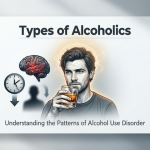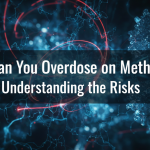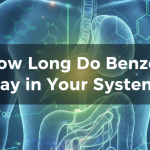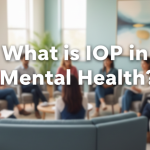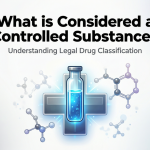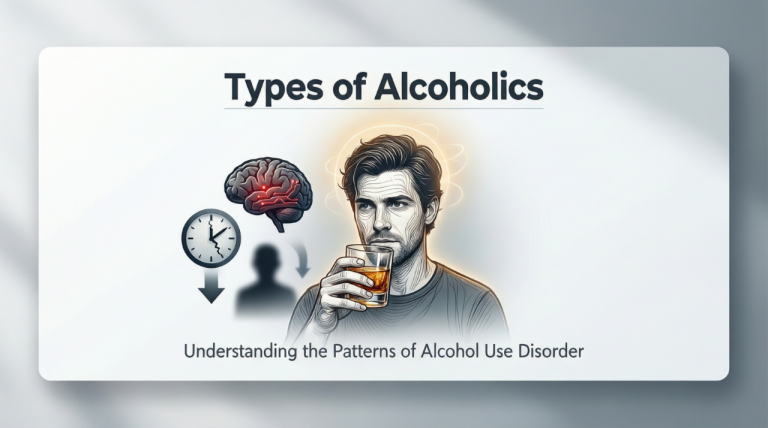Moral Reconation Therapy is a type of behavioral therapy that focuses on developing moral reasoning skills and addressing risky behaviors such as unsafe sex, sharing needles, stealing from friends and family, and criminal activity.
At Orlando Treatment Solutions, we provide Moral Reconation Therapy (MRT) to individuals who have relapsed after court-ordered or voluntary addiction treatment. MRT aims to change their moral reasoning and help individuals recognize how their actions harm them and others. It is especially effective for individuals who have no reason to quit, usually due to an underlying mental health problem such as depression or PTSD. Call us at (321) 415-3213 to learn more about our mental health treatment programs.
What is Moral Reconation Therapy?
MRT is a cognitive-behavioral therapy technique that promotes improved moral thinking, decision-making, and acceptable conduct. The term “moral” in MRT refers to moral reasoning that follows Kohlberg’s degrees of cognitive reasoning. The term “reconation” is derived from the psychological concepts “conative” and “conation,” both of which relate to the act of making conscious decisions.

The Working Mechanism of MRT
MRT is a manual treatment commonly used in group settings. Clients are given a workbook to assist them through the therapy process. The only individual component is the work that members are expected to perform between group meetings. MRT is a 12-step program (four more steps are optional), however, it should not be confused with AA or other addiction treatments.
The Goals of MRT
The goals of MRT are diverse, aiming at holistic personality development. These include building a positive identity, challenging bad behaviors, attitudes, and beliefs, evaluating current relationships, reducing self-indulgence and increasing frustration tolerance, developing better moral reasoning, strengthening beneficial habits/behaviors, and self-improvement. It involves strengthening the concept.
What Happens During MRT Treatment?
Moral reconstruction therapy typically involves 12–16 weeks of group sessions focusing on various aspects of moral reasoning. These sessions are facilitated by trained practitioners who guide participants through a series of exercises, discussions, and role-playing activities. Participants are also given homework assignments to practice new skills outside of a group setting.
The program begins with an assessment phase in which participants are evaluated based on their moral reasoning abilities and risk indicators for criminal behavior. This test allows physicians to personalize therapy to suit each individual’s needs.
As the program progresses, participants focus on building empathy, problem-solving abilities, and impulse control. They also learn to accept responsibility for their actions and apologize for any harm they cause to others.
Who Benefits from MRT Treatment?
Moral restructuring therapy is very beneficial for a wide range of people who want to improve their conduct.
- Individuals with drug addiction problems may seek long-term rehabilitation.
- People in the criminal justice system who want to reduce the tendency to re-offend.
- People who are dealing with behavioral challenges such as anger management or domestic violence
- Anyone who wants to improve their interpersonal skills and ethical decision-making abilities.
- By joining MRT, customers can lay the foundation for a more responsible and socially productive existence.
The Benefits of Moral Reconation Therapy
Moral Reconation Therapy (MRT) is a cognitive-behavioral therapy strategy that has received widespread recognition for its efficacy in treating drug dependence and criminal conduct. This therapy aims to improve moral reasoning, decision-making, and conduct. Here, we look at the advantages of MRT.
Enhances Moral Reasoning
MRT is intended to improve moral thinking, or the capacity to make judgments based on ethical principles. This improvement in moral thinking can lead to more informed decision-making, lowering the risk of participating in hazardous actions.
Reduces recidivism
One of the most notable benefits of MRT is its ability to reduce recidivism. Numerous studies have found that those who get MRT are less likely to re-offend, with decreased recidivism rates lasting up to 20 years after treatment.
Improves self-concept
MRT helps people build a good self-image. Individuals who go through the steps of MRT can address negative attitudes about themselves, resulting in increased self-esteem and self-worth.
Promotes healthy relationships
MRT encourages people to evaluate their present relationships and make the necessary changes. This can lead to healthier connections, creating a supportive atmosphere for sustained healing and growth.
Increases Frustration Tolerance
MRT helps people enhance their frustration tolerance. This is especially useful for people who struggle with substance misuse since it allows them to deal with triggers and stresses without using drugs or alcohol.
Encourages Positive Behavior Changes
MRT encourages individuals to replace bad behaviors with positive ones. This can result in considerable benefits in many aspects of life, including employment, relationships, and overall well-being.
MRT provides several advantages for people battling with substance misuse and criminal conduct. MRT can greatly enhance people’s quality of life by strengthening moral reasoning, lowering recidivism, boosting self-concept, supporting good relationships, increasing frustration tolerance, and encouraging positive behavioral adjustments.
Join Orlando Treatment Solutions’ Moral Reconation Therapy Program
At Orlando Treatment Solutions, we use moral reconation therapy to aid people with relapse prevention and mental health issues.

If you want to learn more about how moral reconation therapy may help you heal, contact (321) 415-3213 and talk with one of our expert staff members.







